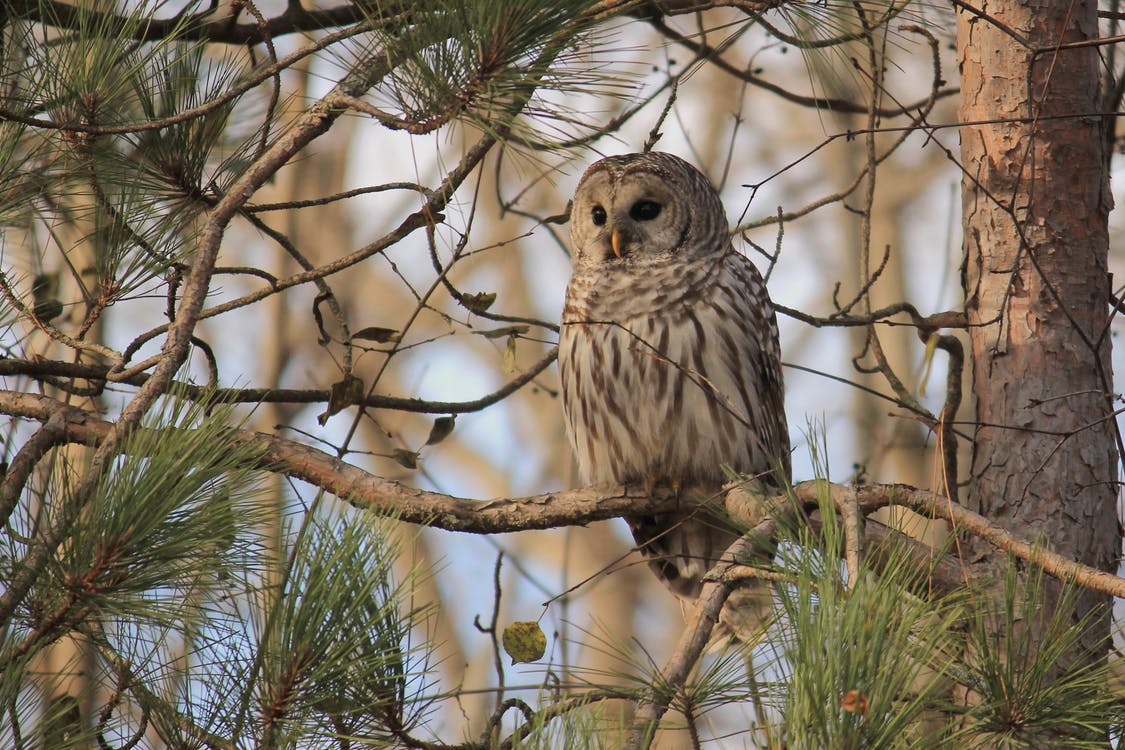Pesticide Reduction
Protecting Wildlife – Pest Control Without Rodenticides
To reduce animal suffering, protect wildlife, reduce toxic materials in our environment, and safeguard worker health and safety, the Town does not use anticoagulant rodenticides (a type of poison used to control pests such as mice and rats) in its solely owned facilities.
The Town instead follows an integrated pest management approach that focusses on non-lethal pest management, such as attractant management and access prevention (making it more difficult for rodents to enter a building). If lethal control is ultimately required, trapping or other forms of population control that do not rely on anticoagulant baits may be used. Under very limited situations, the use of rodenticide could occur, such as where there is a risk to a building or occupants.

This stepped, carefully planned approach is needed as anticoagulant rodenticide baits are known to not only cause prolonged suffering in the animals being controlled, but also cause illness and death for the animals that eat the poisoned rodents, such as owls, hawks, and eagles.
In British Columbia, rodenticide use is regulated by the Province and not municipalities. However, municipalities can help raise awareness about the impacts of anticoagulant rodenticides and encourage homeowners and business owners to voluntarily adopt alternative rodent control methods that are less harmful to other species.
Managing Rodent Attractants
You can manage the attractants around your home, strata, or business by:
- removing outdoor pet food, spilled bird feed and fallen fruit;
- keeping trash and recycling contained with tight fitting lids;
- cleaning barbeques and drip trays regularly;
- pruning shrubs away from buildings, keeping grass short, and removing vegetation where rodents can hide;
- blocking access points to your building with 6 mm (1/4 inch) mesh or steel wool.
Alternatives to Rodenticides
In addition to reducing attractants, consider using one of the following rodenticide alternatives:
- mechanical traps, including live capture, electronic or bucket traps;
- coyote or other predator urine or scent;
- ultrasonic pest repellers;
- owl perches and nesting boxes;
- rodent exclusion company instead of an exterminator.
Additional Information
- Managing Rat and Mouse Pests - Province of BC
- Owl Rehab - Poisoning
- Wildsafe BC
- SPCA Humane Rodent Control


